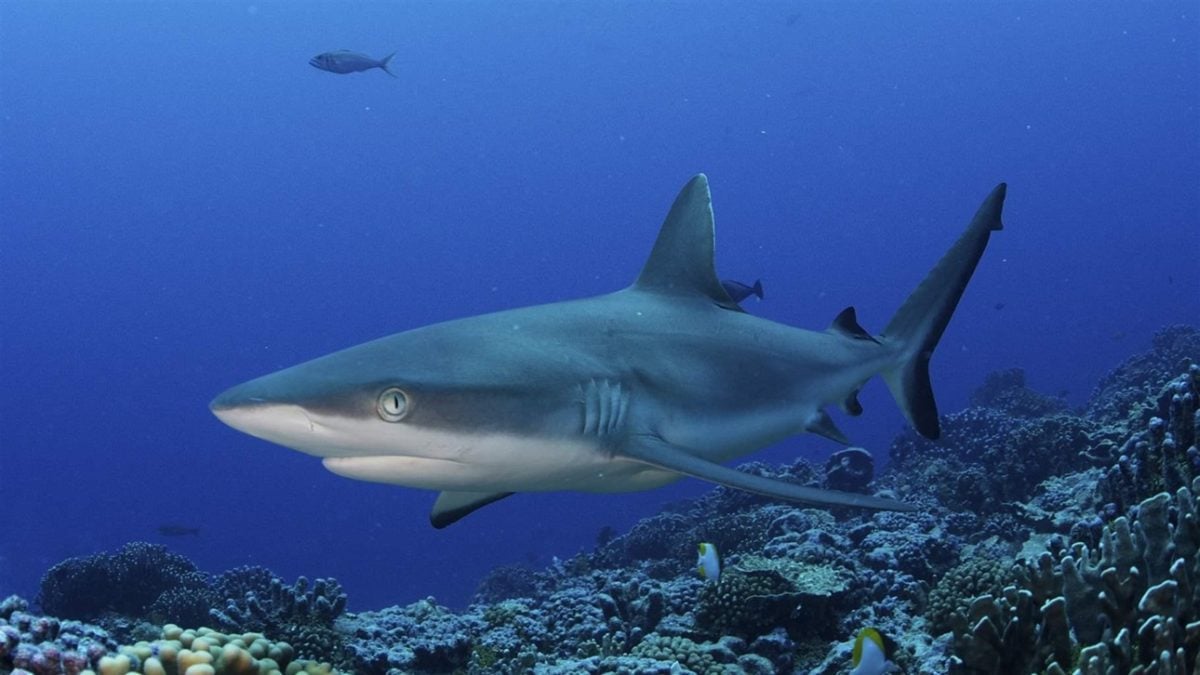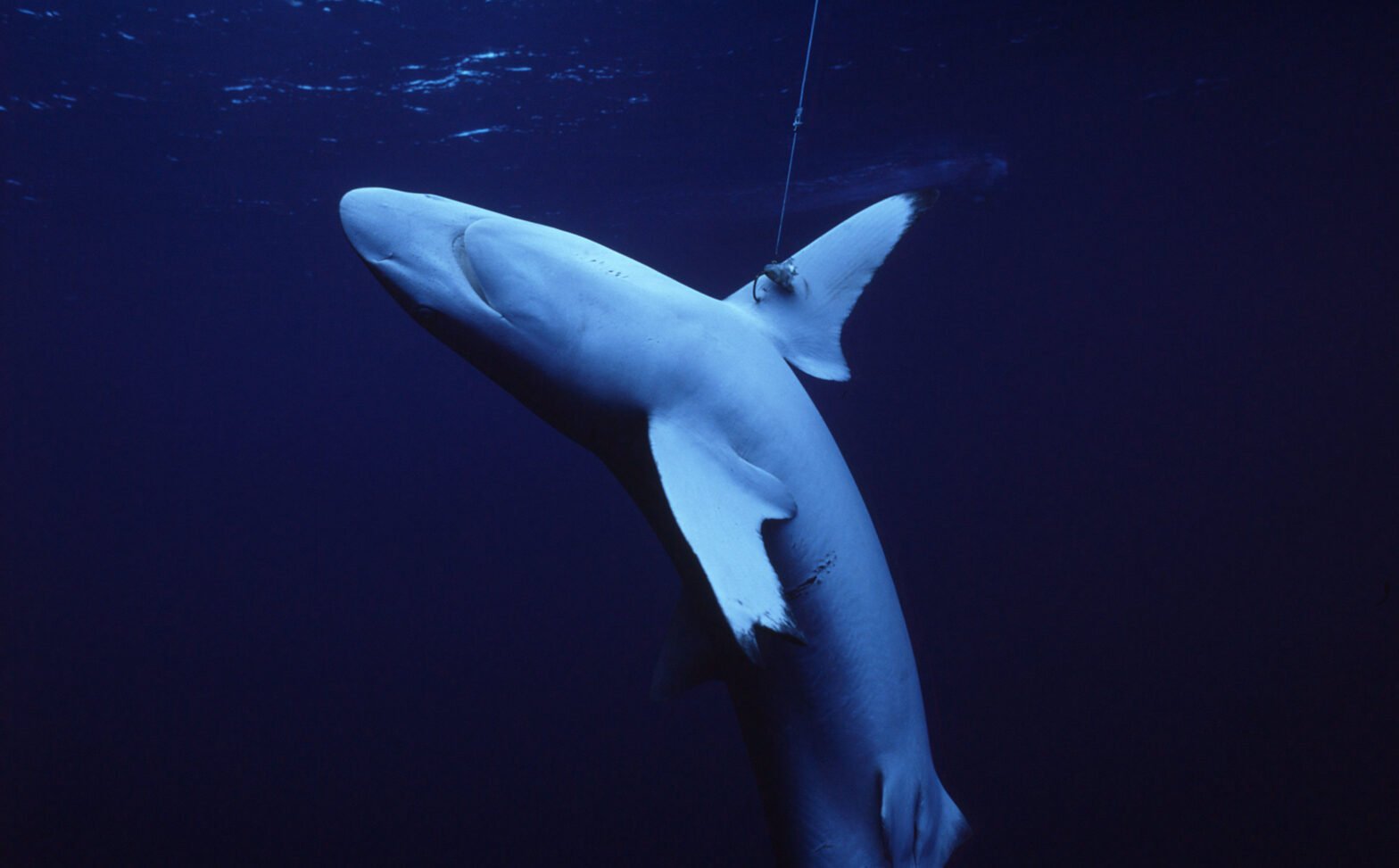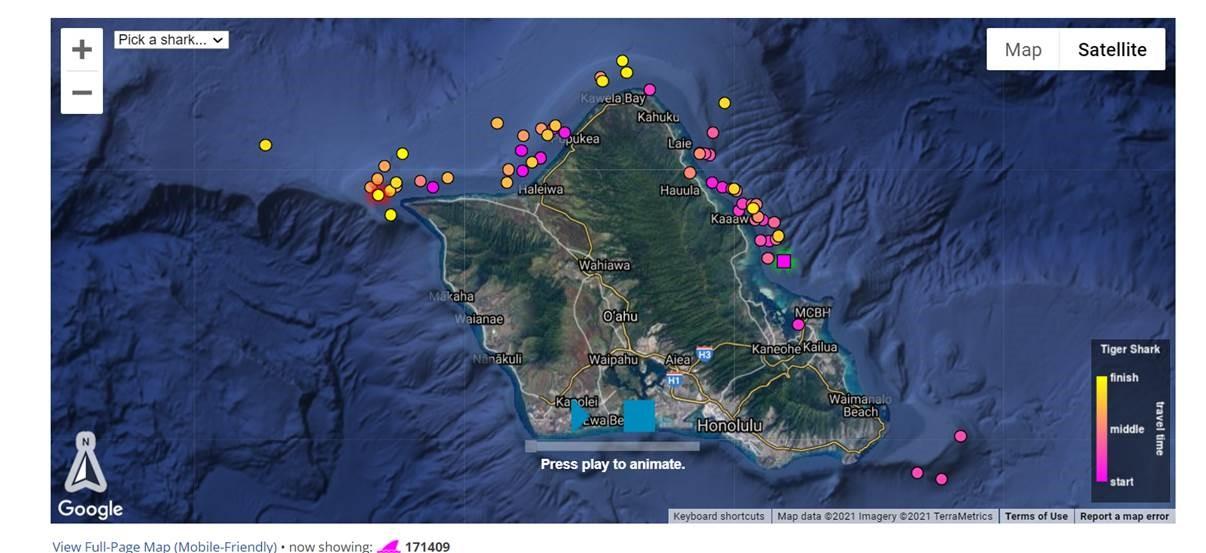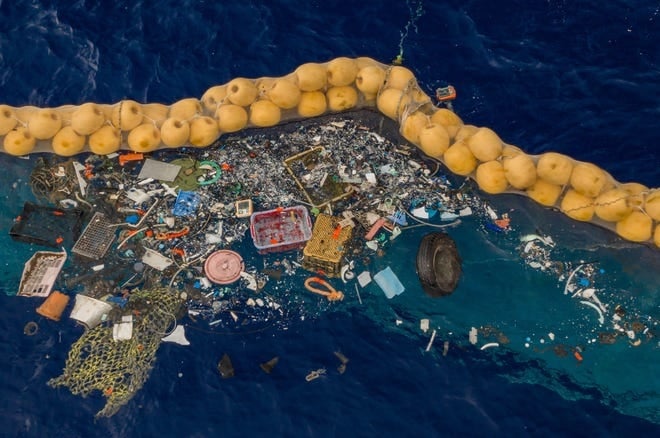A report states one of the biggest issues facing oceanic whitetip sharks is the bycatch or the unintentional catch
A 2020 stock assessment of the Western and Central Pacific Ocean (WCPO) said that status sharks “are of concern” as they are in danger of being overfished.
The Pacific Community assessment said that while the key tuna stocks in the WCPO are found to be in a healthy condition, some of the bycatch caught in the region such as sharks are in dire condition.
One of the biggest issues facing sharks is the bycatch or the unintentional catch of the species.
“The status of silky and oceanic whitetip sharks is of concern as assessments have shown that these stocks are subject to overfishing and, in the case of oceanic whitetip, severely overfished,” the report stated.
Shark tourism can generate economic value in the region. In Palau, the healthy population of shark is one of the nation’s tourism draw.
While a Western and Central Pacific Fisheries Commission (WCPFC) ban on the use of either shark lines or wire traces in longline sets has been in place, there is still a push for large-scale tuna vessels to avoid shark bycatch.
According to PEW, oceanic whitetip, was once one of the most abundant open-ocean sharks, but is now globally threatened by longline fishing activity and classified as critically endangered by the International Union for Conservation of Nature.
“Its status is particularly dire in the western and central Pacific, with less than five percent of the population remaining and existing conservation measures insufficient to prevent further declines,” PEW said in an earlier statement.
Paul Hamer, Pacific Community’s Principal Fisheries Scientist said that sharks play an important role in the ecosystem.
He said that, unlike tuna, sharks have a very low rate of reproduction and are vulnerable to fishing pressure.
“Sharks have a lot of influence on what happens throughout the whole of the ocean and ecosystem, and if you take those top predators out, it has cascading effects over the whole ecosystem. So to maintain that balance, you need those predators,” Hamer said.
This story was originally published at Island Times on 17 December 2021, reposted via PACNEWS.




